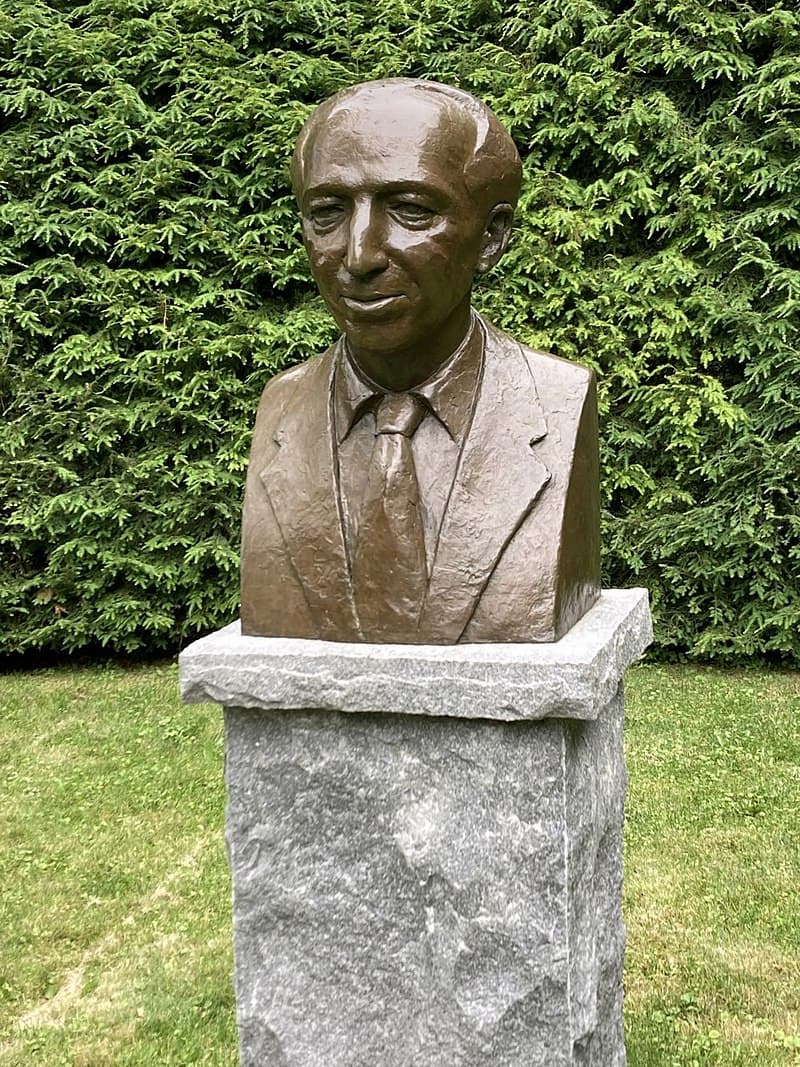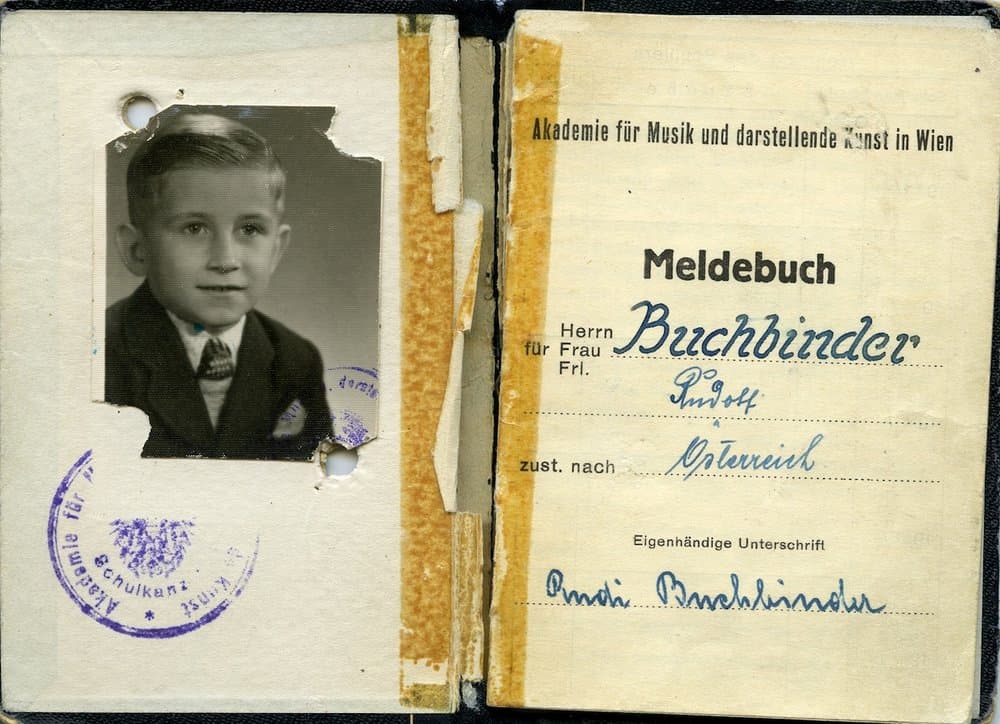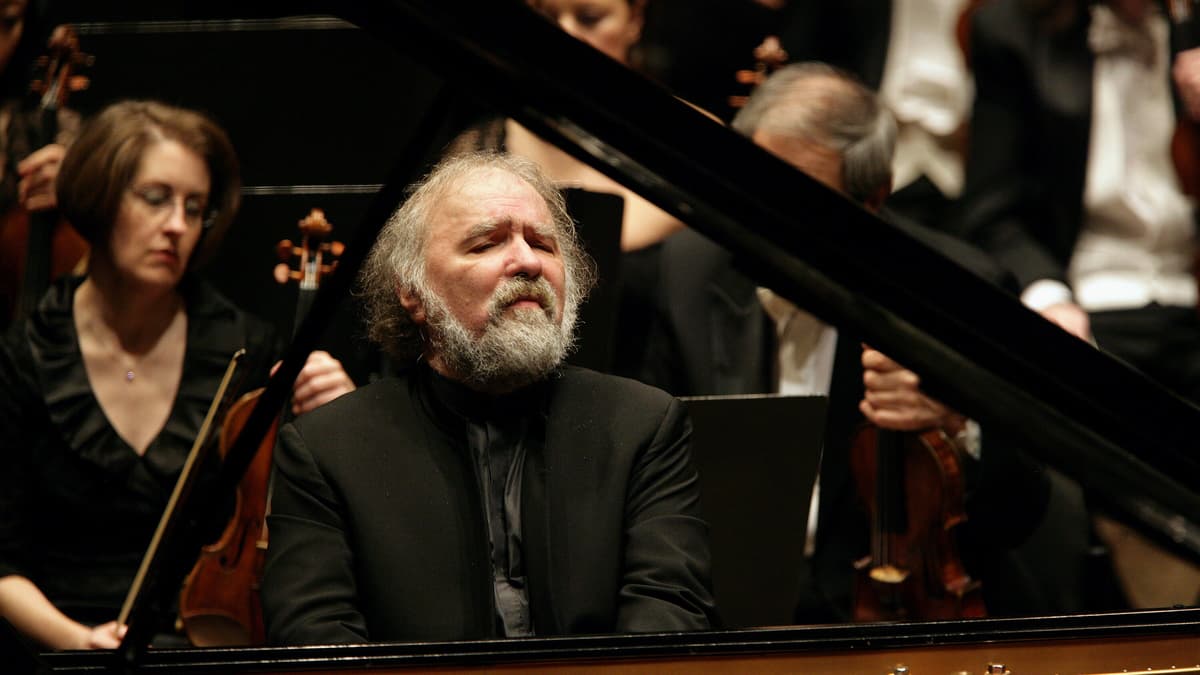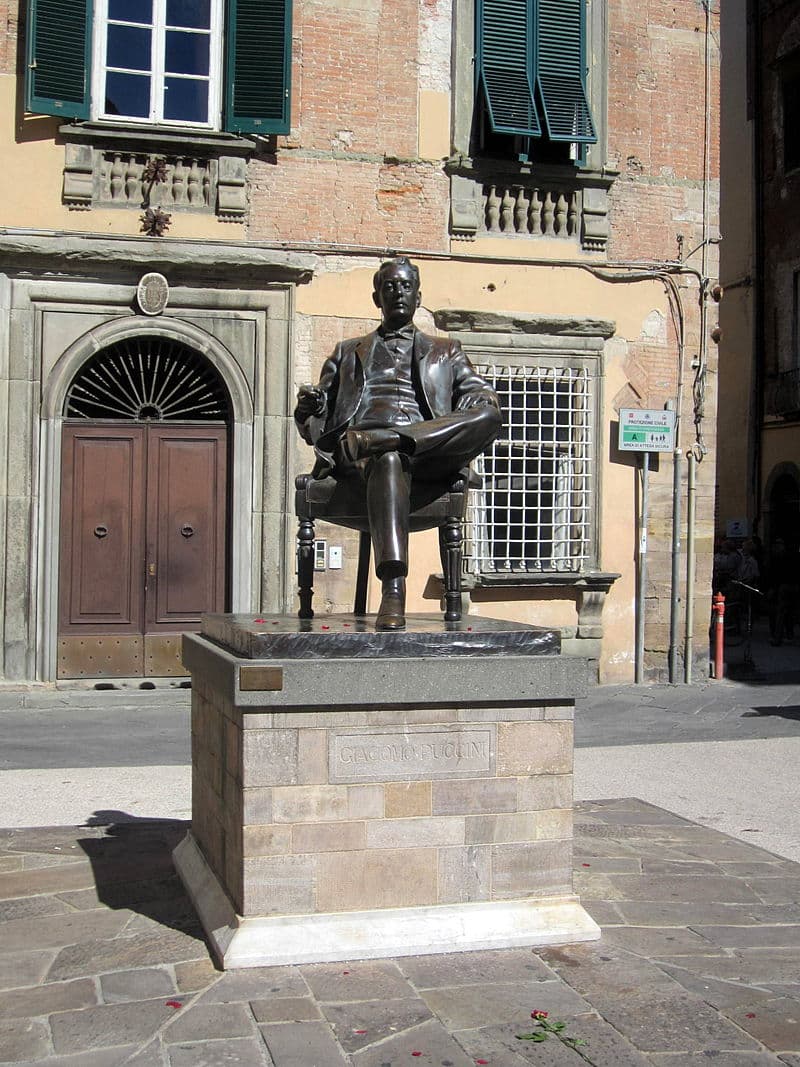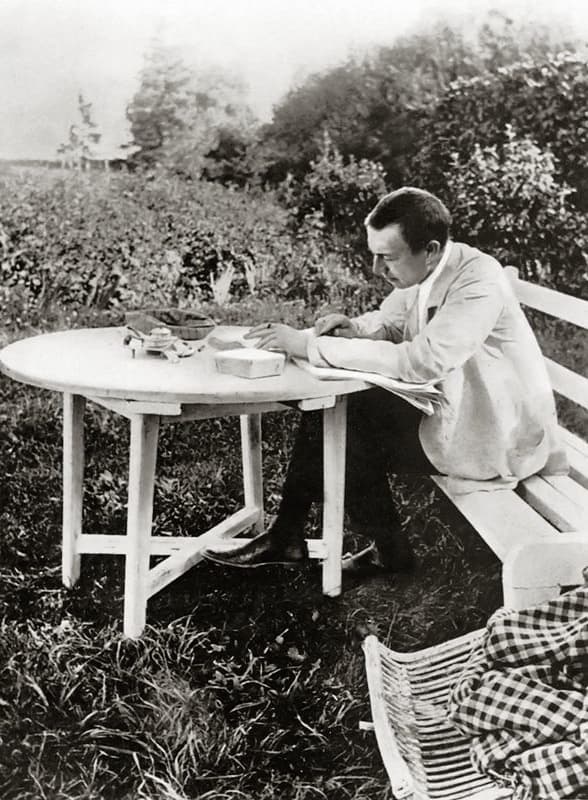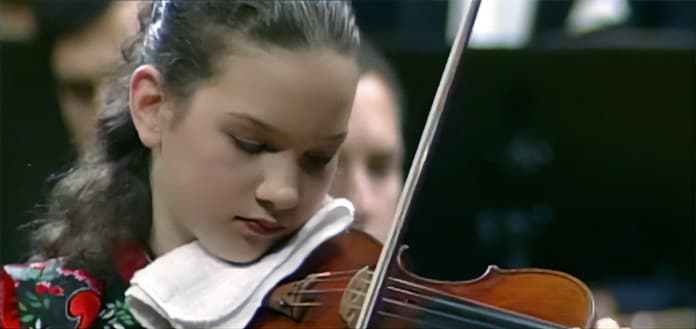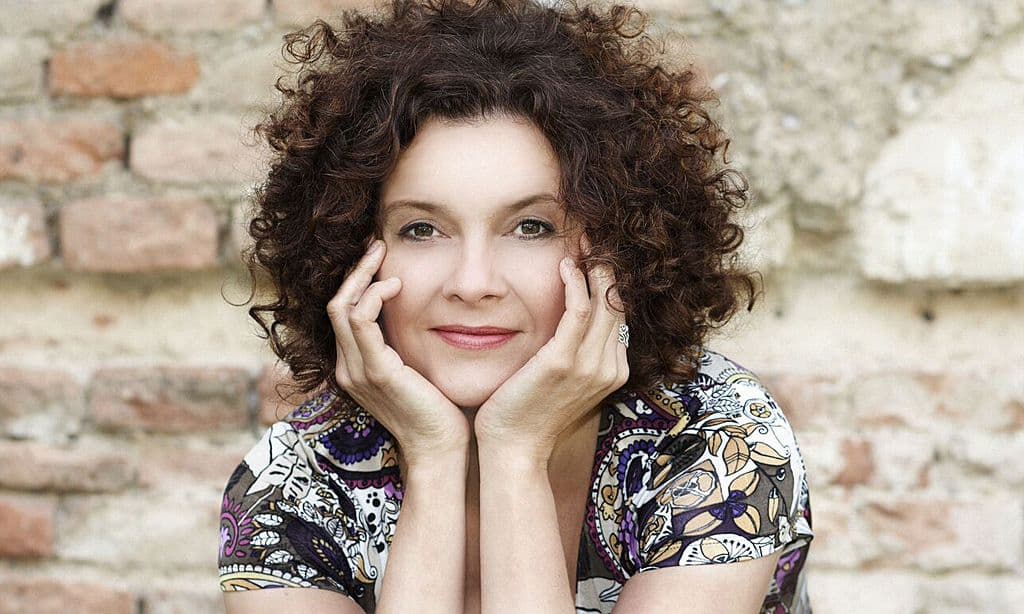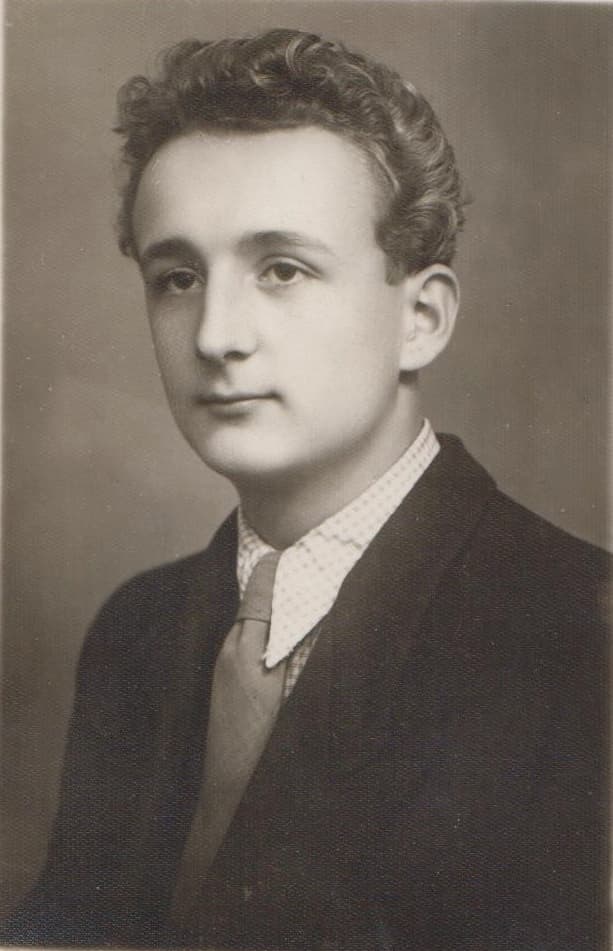By the early 1970s, Aaron Copland stopped composing. As he wrote, “It was exactly as if someone had simply turned off a faucet.” He felt lucky to have been given so long to be creative, and was resigned to the
On This Day
Rudolf Buchbinder has been described as “the greatest natural pianist talent,” a performer “whose interpretations flow from a unique fusion of spiritual insight and intellectual rigour.” In fact, the critic Joachim Kaiser praised Buchbinder’s “innate ability to reveal fresh ideas
There is nothing more irritating to reporters and music aficionados than a superstar who makes himself unavailable. For well over 30 years, Radu Lupu basically refused to talk to the press. As such he was termed a “woolly recluse,” referring
Giacomo Puccini lived life to its fullest. He loved fine cigars, expensive spirits, and fell in love at the drop of a hat. He was an addicted gambler and hunter and loved nothing more than fast cars and speedboats. Puccini
Sergei Rachmaninoff’s Piano Concerto No. 3 in D minor, Op. 30 has the reputation of being one of the most technically challenging piano concertos in the piano repertoire. It first sounded on 28 November 1909 in New York City with
Shinichi Suzuki was one of the most influential pedagogues in music education for children. His famous “Suzuki Method” is based on creating a positive environment that fosters musical immersion at an early age. Suzuki strongly believed that “every child was
Born in Salzburg on 24 November 1965, Angelika Kirchschlager is enjoying an international career, dividing her time between recitals and operas. Acclaimed as one of the foremost interpreters of Richard Strauss and Mozart, Kirchschlager counts herself lucky to have had
In a lecture delivered at the turn of the century, Krzysztof Penderecki said, “One must have the courage to be oneself. The period of stagnation, the wearing away of individual characteristics in art, cannot last forever. Art must be reborn.

